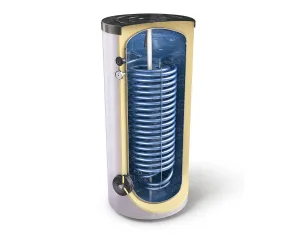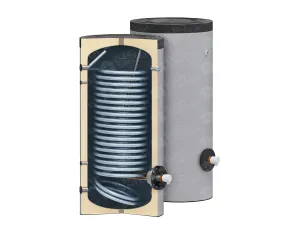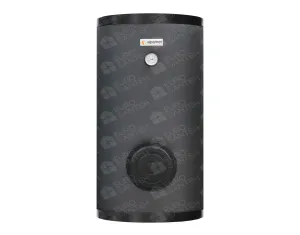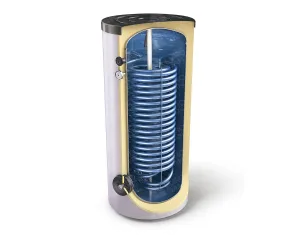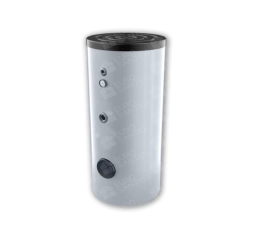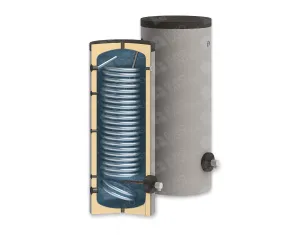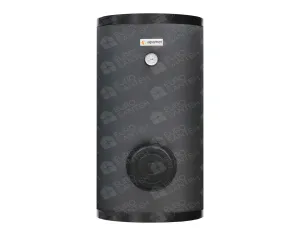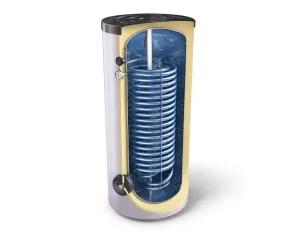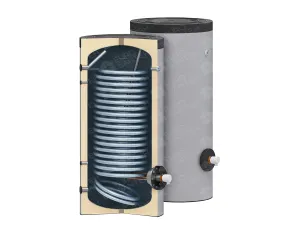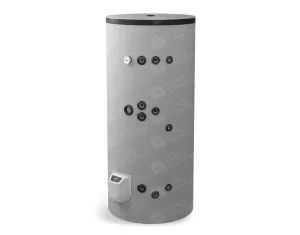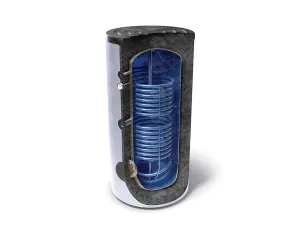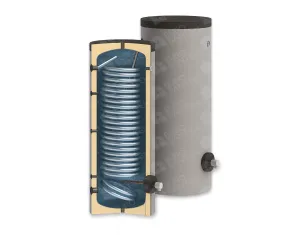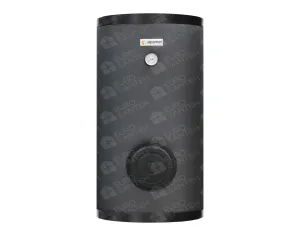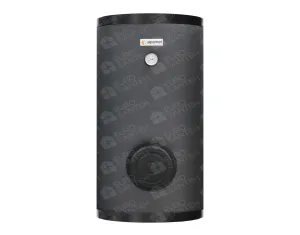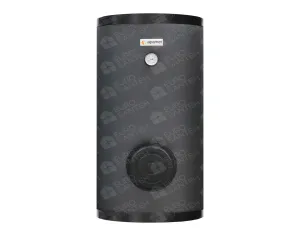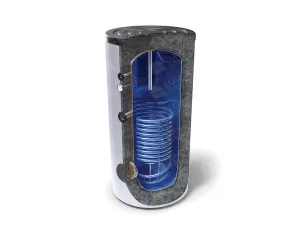Combi, thermoelectric boilers
Choosing the right water heating solution is crucial for ensuring comfort and efficiency in your home. Combi boilers and thermoelectric boilers are two popular options, each with its unique features and advantages. In this comprehensive guide, we'll explore the differences between combi boilers and thermoelectric boilers, helping you make an informed decision based on your specific needs.
Combi Boilers: The All-in-One Solution
Combi boilers, short for combination boilers, are compact units that provide both hot water for domestic use and central heating in one integrated system. Here are key features and benefits of combi boilers:
Space-Saving Design: Combi boilers are known for their compact and space-saving design. They do not require a separate hot water storage tank, making them ideal for homes with limited space.
On-Demand Hot Water: Combi boilers heat water directly from the mains, providing hot water on demand. This eliminates the need for a storage tank and ensures a constant supply of hot water whenever needed.
Energy Efficiency: Combi boilers are energy-efficient as they only heat the water required at the moment. This can result in energy savings and reduced utility bills compared to traditional systems with storage tanks.
Quick Heating: As there is no waiting time for the water to heat up, combi boilers offer quick and instant hot water, making them suitable for busy households.
Ideal for Small Homes: Due to their compact nature and all-in-one functionality, combi boilers are well-suited for small homes or apartments where space is limited.
Thermoelectric Boilers: Instantaneous Hot Water Solutions
Thermoelectric boilers, also known as electric boilers, operate by using electricity to heat water on demand. Here are the key features and advantages of thermoelectric boilers:
No Gas Required: Thermoelectric boilers do not rely on gas for operation, making them a suitable choice for homes without a gas supply. They are an all-electric solution for heating water.
Installation Flexibility: Electric boilers are versatile and can be installed in various locations within a home. They are not dependent on gas lines, allowing for more flexibility in terms of placement.
Zero Emissions: Since electric boilers do not burn fossil fuels, they produce zero emissions on-site. This can be an environmentally friendly option for those looking to reduce their carbon footprint.
Quiet Operation: Electric boilers are known for their quiet operation, making them suitable for homes where noise is a consideration.
Efficiency in Small Applications: Electric boilers are efficient for smaller applications, such as providing hot water for a single bathroom or kitchen. They are often used as point-of-use heaters.
Choosing Between Combi and Thermoelectric Boilers: Considerations
Energy Source: Consider the energy sources available in your home. If you have access to a gas supply, a combi boiler may be a suitable choice. If gas is not available or you prefer an all-electric solution, a thermoelectric boiler is a viable option.
Space and Installation: Evaluate the available space and installation requirements. Combi boilers are compact and suitable for small spaces, while thermoelectric boilers offer more flexibility in terms of installation.
Hot Water Demand: Assess your household's hot water demand. Combi boilers are well-suited for homes with multiple bathrooms and higher hot water demand, while thermoelectric boilers are efficient for smaller applications.
Initial Cost and Operating Costs: Compare the initial cost and operating costs of both types of boilers. While combi boilers may have a higher upfront cost, they can lead to energy savings over time. Thermoelectric boilers may have lower upfront costs but can be less energy-efficient in some cases.
Environmental Impact: Consider the environmental impact and emissions associated with each type of boiler. Electric boilers produce zero on-site emissions, making them a greener option.
Conclusion:
In summary, both combi boilers and thermoelectric boilers offer efficient solutions for heating water in homes. The choice between the two depends on factors such as energy source availability, space considerations, hot water demand, and environmental preferences. By carefully considering these factors, you can make an informed decision to ensure optimal comfort and efficiency in your home.
